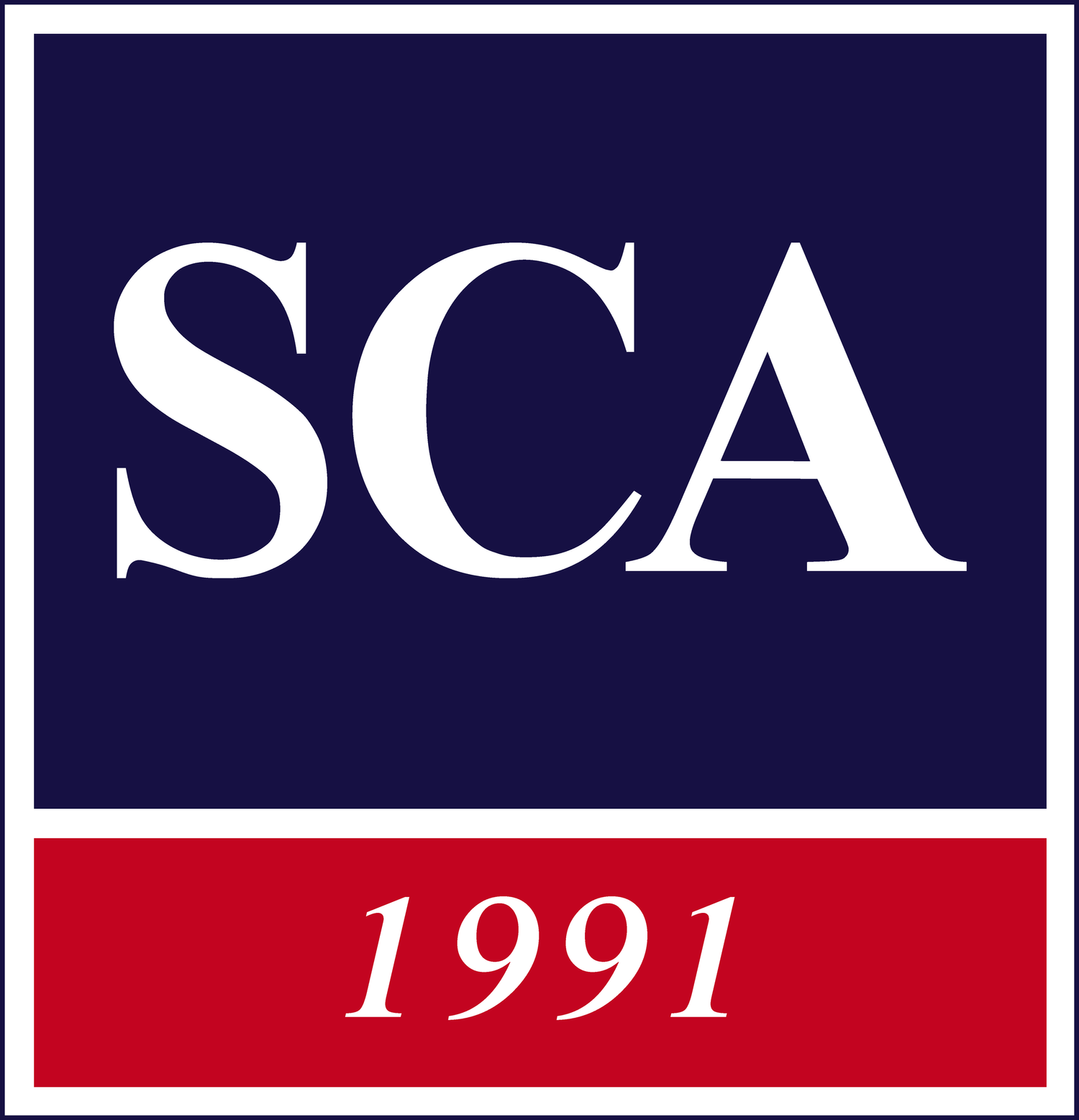Is Your Desk Rental RESPA Compliant?
By: Gregg Oberg, Esq.
Recently, the FDIC highlighted RESPA Section 8 violations by financial institutions disguising otherwise permissive desk or office rentals as kickbacks for referrals in violation of RESPA. The June 2019 Supervisory Highlights publication provides little more than this fact, leaving lenders to discern the location of the “red line” in a cloud of gray. In summary, the FDIC cautions lenders to perform training, use diligence, and stay abreast of RESPA guidance.
REDPA Allows Desk Rentals:
The question lenders—and particularly non-depositories—are left with is: “how can I safely rent an office?” A bad (but technically correct) answer would be to avoid any rental arrangement where the landlord has the remotest connection to provision of settlement services or the real estate industry. That’s probably tough when seeking a commercial lease.
A better answer rests on an understanding of what RESPA 8 does, and does not allow.
RESPA Permits “[a] payment to any person of a bona fide salary or compensation or other payment for goods or facilities actually furnished or for services actually performed[.]”
RESPA Prohibits agreements or understandings offering “things of value” in exchange for referrals of business incident to settlement services.
The keys to the Office Space example are “bona fide … compensation” and “facilities actually furnished.” So long as we’re paying a fair price and actually receiving what we contract for, RESPA has no problem with desk rental agreements.
But What About the FDIC Highlights?
First, the FDIC reaffirmed the above interpretation of RESPA, stating that “[l]enders may enter into bona fide agreements for he rental of office space; however, such rental agreements must be based on general market value of the rented space and cannot be used to conceal the payment of illegal referral fees.” (emphasis added)
The FDIC found RESPA violations which “involved apparent payment of illegal kickbacks, disguised as above-market payments for lead generation, marketing services, and office space or desk rentals.”
As examples, the FDIC cited:
institutions that purportedly leased offices or desk space from realtors and home builders, where the amounts paid to realtors and home builders greatly exceeded the fair market value of the rentals. Another issue involved desk rentals that appeared to be sham or subterfuge arrangements to disguise the payment of impermissible mortgage referral fees.
My Opinion: FDIC uses both “general market value” and “fair market value” in alluding to a standard under which the price paid for rental space must not “greatly exceed the fair market value” of the space. What is “general market value” as opposed to “fair market value”? And when might either be “greatly exceeded”?
The “red line” here is subject to discretion and interpretation. Is 1% above market value too much? Probably not. Is 100%--I’d think so. When the line is not clear, strong compliance practices centered around risk-based diligence, management engagement in decision making, and documentation allow you to take advantage of the uncertainty between 1% and 100%.
Ensuring Compliance:
Knowledge and understanding of RESPA guidance—as recommended by the FDIC—falls short of mitigating risks associated with a RESPA subject desk rental or similar rental arrangement. It’s not enough to say “we do RESPA training, and our policy says we don’t do kickbacks.” You need dedicate management-level time to understanding the risks. You could spend weeks of diligence uncovering whether any loan officer’s brother’s cousin’s neighbor’s dog somehow has a handshake agreement for referrals—or simply ensure that the lease is made at fair market value.
Step One: Outline Costs and Amenities
What is the monthly cost of the rental, and what are you getting? Consider square footage, kitchen facilities, shared administrative support, snow removal, utilities, the whole bundle. Anything that you will NOT be paying for is an amenity; and anything you will be responsible for is a cost added to the lease price. Are you getting signage/ad space in a high traffic area? Consider that too. Divide this out to get a price per square foot figure.
Step Two: Find Comparable Locations
This is often easier when leasing an entire office space as opposed to sharing a desk. The general idea is to find similar properties providing similar utility within a reasonable radius of the rental you are targeting. Perform the same calculation for 3-5 locations.
Step Three: Document and Compare
In some format that can be retained for records purpose, perform a side by side comparison of cost per sq. ft. on the 4-6 properties you’ve identified. Eyeball test is sufficient to start—does the target property price raise any eyebrows?
While the FDIC focused on excessively high payments, an extremely low price should raise eyebrows too. RESPA goes both directions, any exchange of things of value between settlement providers not at arm’s length raises red flags.
Step Four: Use Judgement
RESPA does not present a bright line rule, as discussed above. As such, no determination is completely risk free or correct. At this point, you need to determine whether the variance (if any) in price among sampled properties represents an unacceptable level of risk. Intangible factors like convenience of location to restaurants, ascetics, etc. can certainly be considered at this point, but be reasonable.
Consider all potential mitigating and aggravating factors. Biggest factor—which can cut either way—is the type of business your new roommate is in. Previous business relationship between you and the “landlord” could be, likewise, be either pro or con. How the employees impacted are viewing the arrangement may be another. As with everything compliance related—increase or decrease scrutiny of the arrangement as red flags rise and fall. In short, you’re looking for anything that could indicate the rent isn’t just the rent.
Wrapping it Up:
At the end of the day, it’s important to remember that the RESPA violations we read about are typically using terms like “greatly excessive” and “sham or subterfuge.” Typically, you read these enforcement actions and go “what was that institution thinking?” Often the institution was not-so-subtly disguising rather explicitly violative agreements.
This isn’t to say “go wild” with RESPA Section 8, but to recognize the full weight of RESPA enforcement actions is not often imposed on close calls.
For more information, please contact Gregg Oberg, Esq. at (781) 356-2772 or email at goberg@scapartnering.com .
Spillane Consulting Associates has served the residential mortgage lending business since 1991. We have specialized in mortgage banking consulting services and provided quality control reviews, risk management and process consulting and employee training to credit unions, community banks and non-depository institutions. We are a thought leader on the strategic growth of residential mortgage lending. You can learn more by visiting our website, or scheduling a meeting with me or one of my colleagues.
SCA Compliance Hotline: Need a question answered quick?
Email: Compliance-Question@scapartnering.com
Call: (781) 356-2772
Thanks so much for reading our weekly newsletters. We're not always going to be perfect, but because we always do our best and try not to overpromise, we hope that we're always going to be trustworthy. Your calls and e-mails are very helpful - please keep contributing.
**These are our opinions. We're not authorized, or willing, to express those of others.**

